(Fatherland) - Coming to Hua Tat village, Van Ho commune, Van Ho district (Son La), people and tourists can not only immerse themselves in the culture and daily life of the H'Mong ethnic people but also experience their traditional craft of making handmade paper.
Performed by: Nam Nguyen | November 28, 2024
(Fatherland) - Coming to Hua Tat village, Van Ho commune, Van Ho district (Son La), people and tourists can not only immerse themselves in the culture and daily life of the H'Mong ethnic people but also experience their traditional craft of making handmade paper.
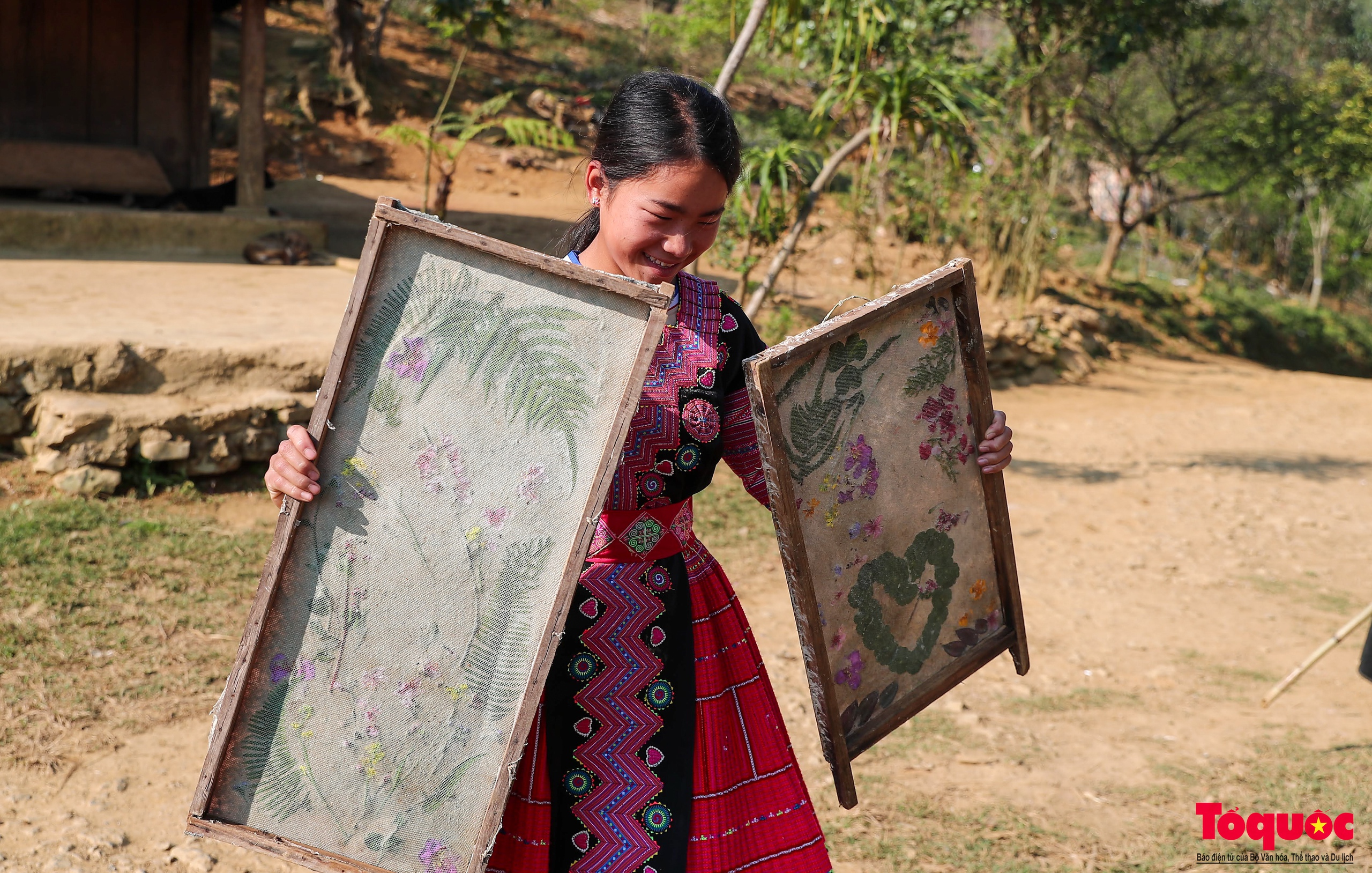
Son La is a locality where the H'Mong people account for more than 15% of the province's population. Therefore, the unique customs and lifestyle of the H'Mong people here are clearly demonstrated. The H'Mong people here are not only skilled in weaving linen, printing patterns with beeswax, blacksmithing, carpentry... but can also create handmade paper - an indispensable product in the spiritual life of their people.
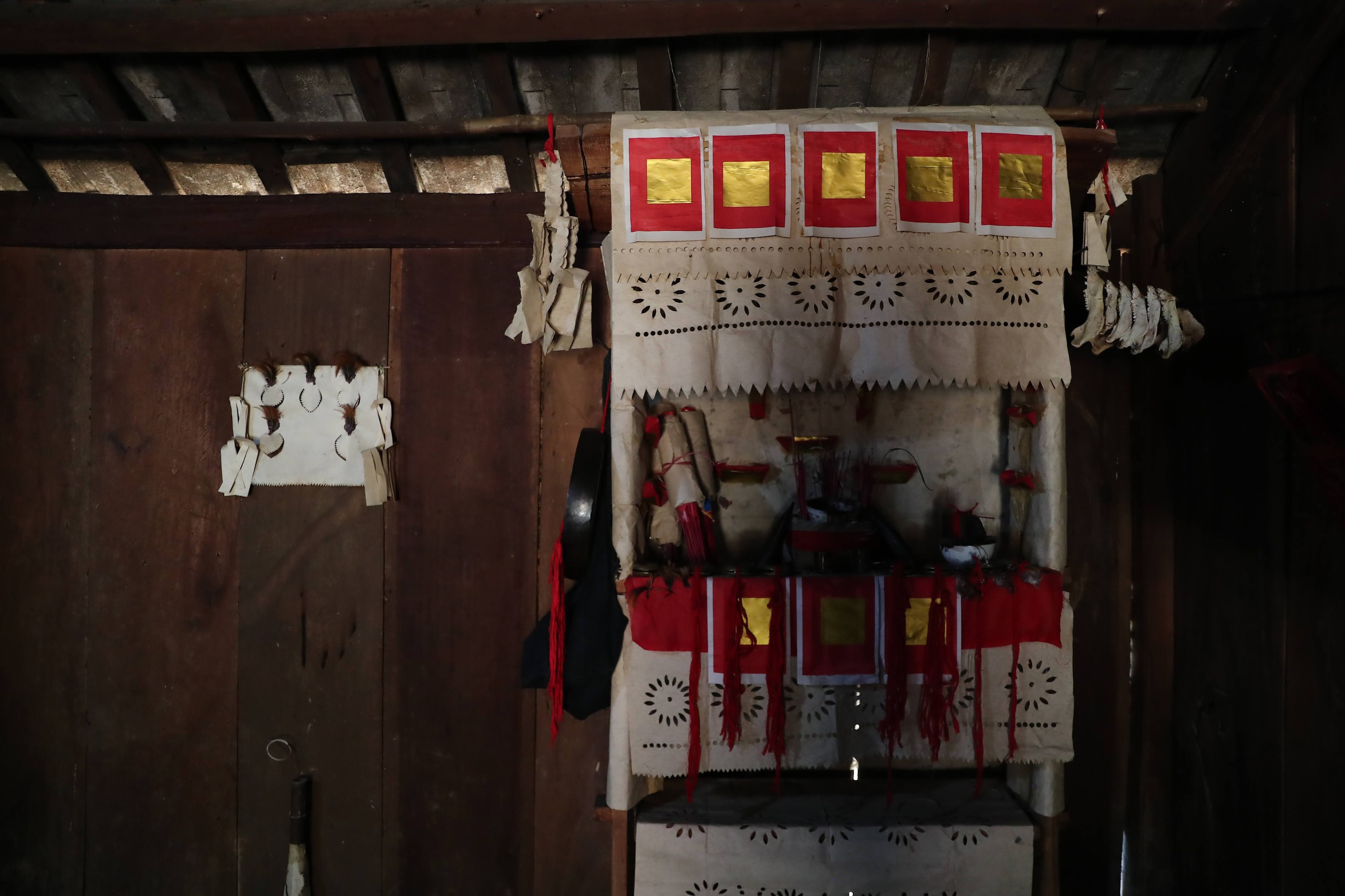
In the spiritual life of the Hmong people, paper occupies a very important position. According to the concept passed down from ancient times, during festivals and seasonal offerings, if there is no paper made by oneself, the ancestors will not accept it. Each Hmong family has a worship corner facing the main door, on the wall of which is pasted a piece of paper made by a family member and has a very sacred meaning.
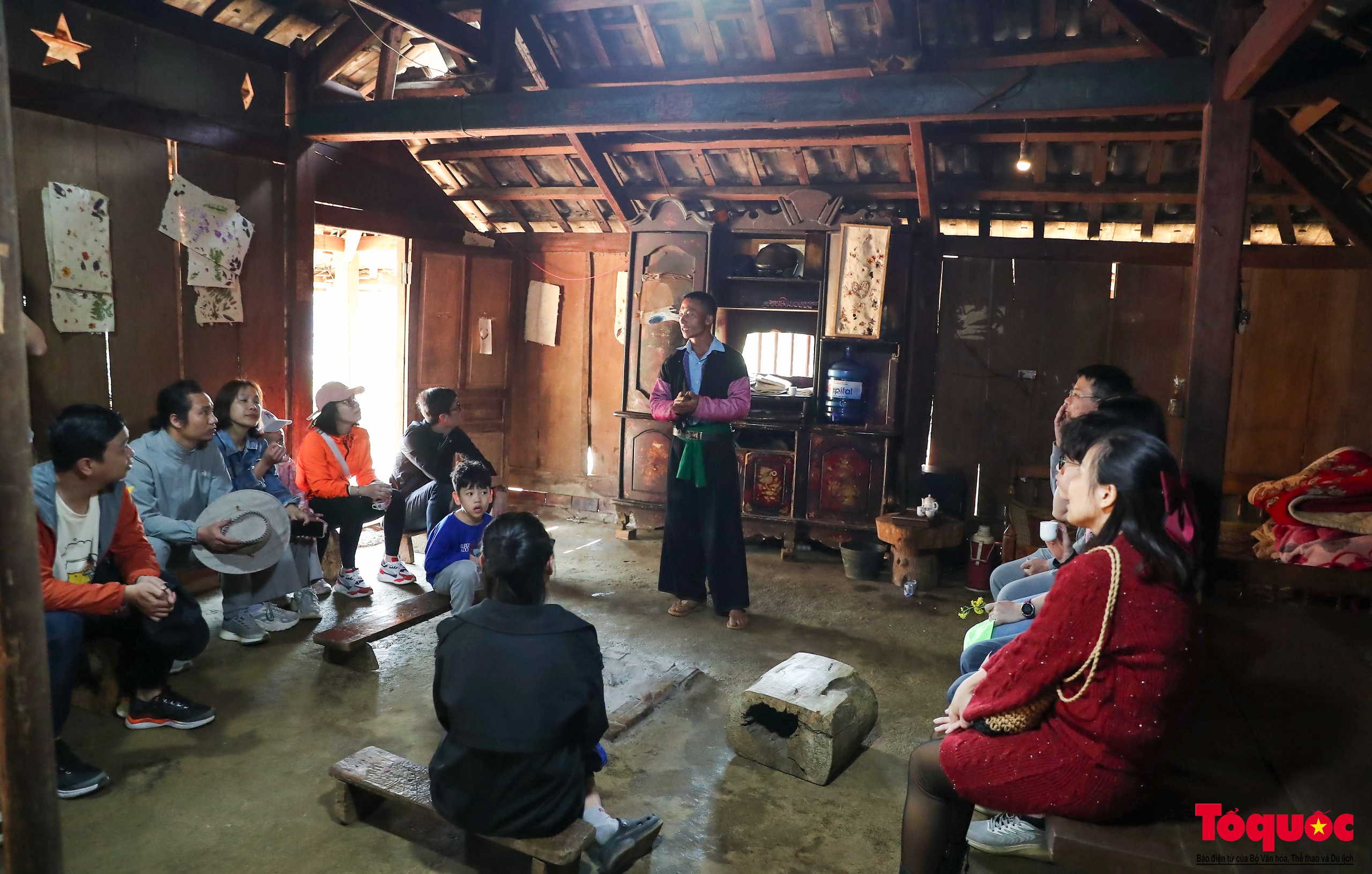
From the traditional paper making method of the H'Mong people, Mr. Trang A Cua's family has created a way to make paper paintings. Coming to Hua Tat, Van Ho commune, Van Ho district (Son La) on a beautiful sunny day, we had the opportunity to experience the traditional paper painting craft imbued with the H'Mong cultural identity at Mr. Trang A Cua's family.
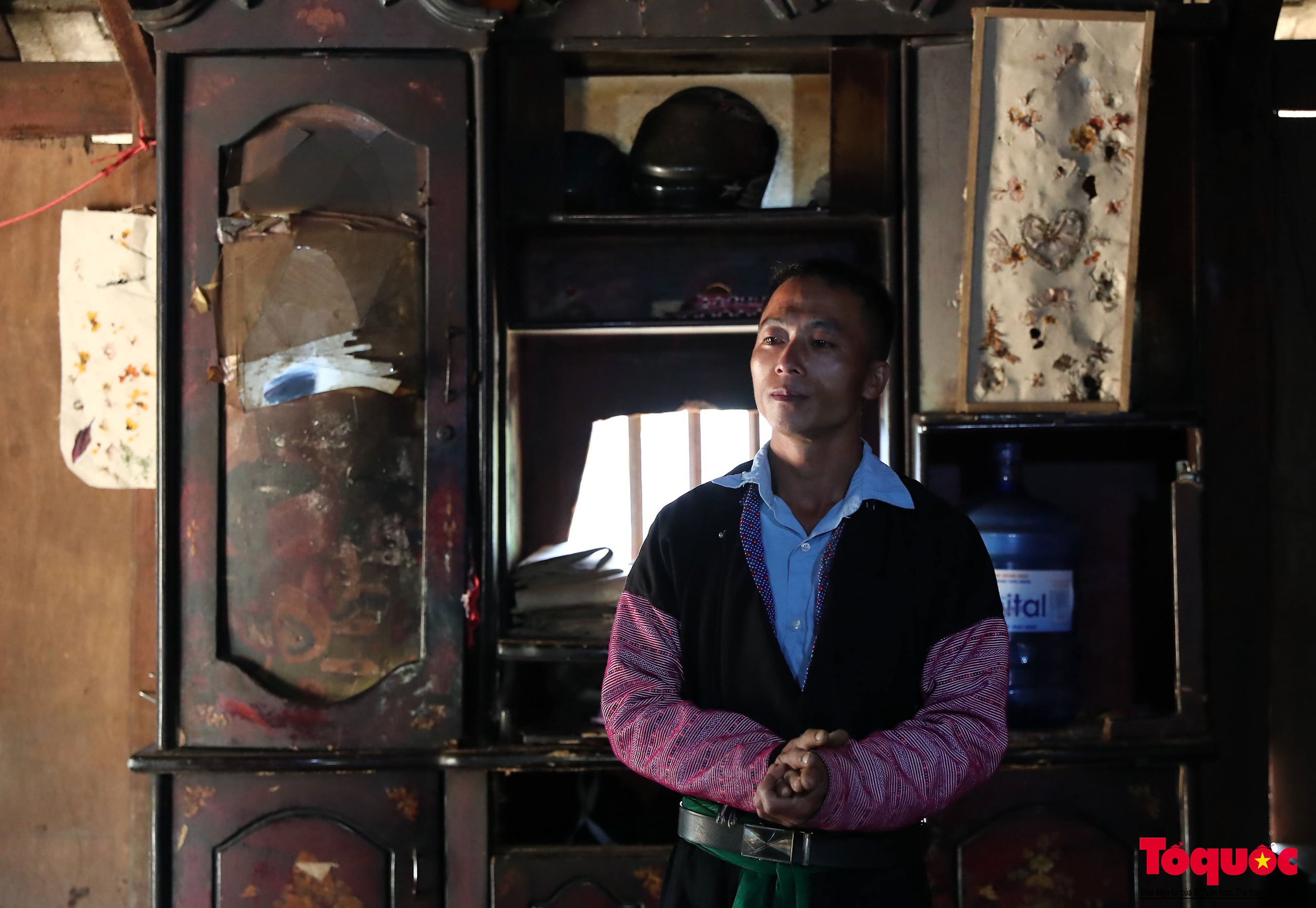
Mr. Cua said that he learned how to make paper from his grandmother and mother since he was a child, so now he is very proficient at making paper. In addition to making paper for sale to people in need, he also opened an experience space at home for tourists to experience this traditional craft when they come to Van Ho.
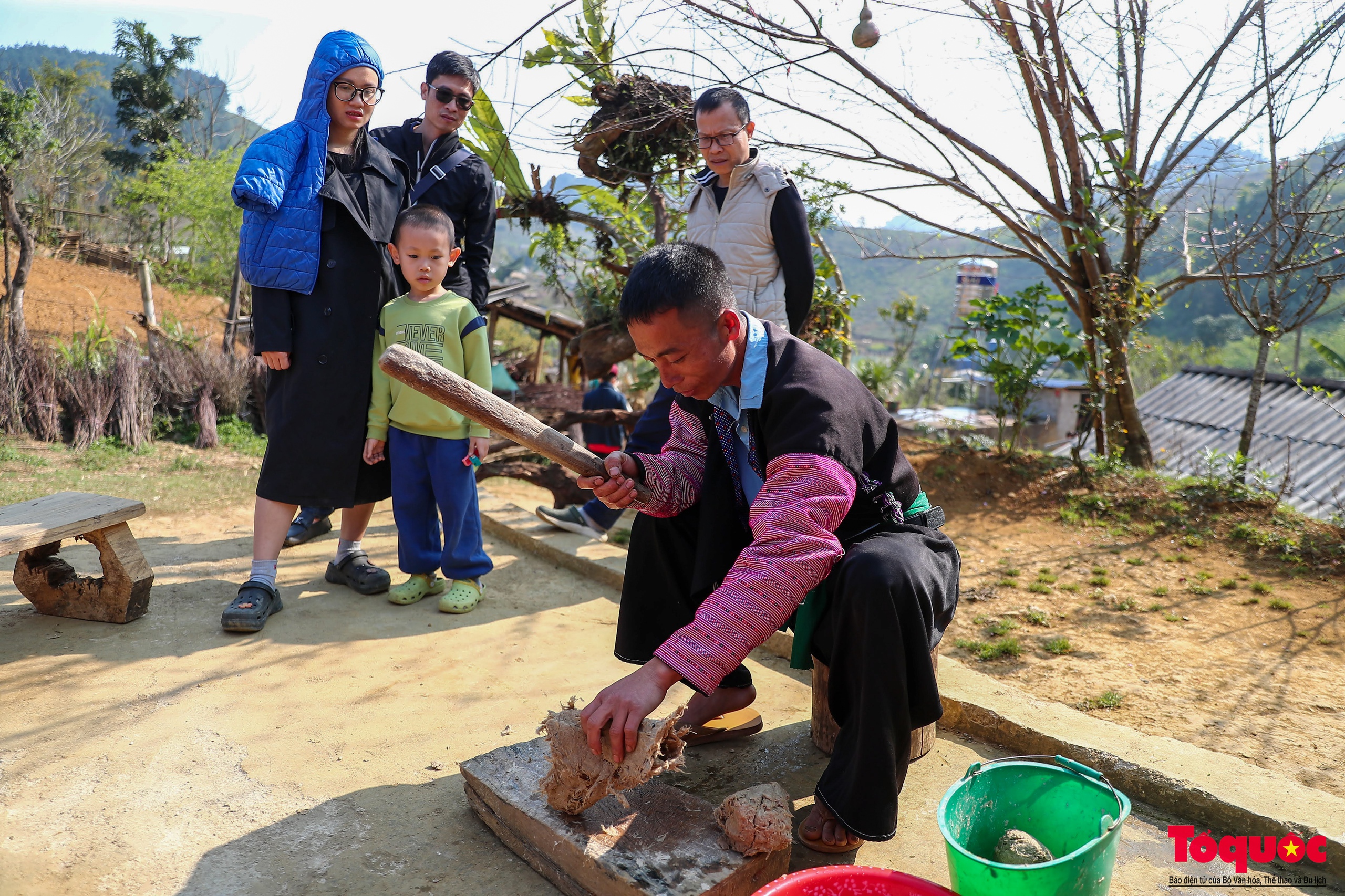
Paper is usually made during the off-season, especially during Tet. Paper is only made during the dry season, when there is enough sunlight to dry the paper. Paper making does not require high technical skills and is mainly done by women.
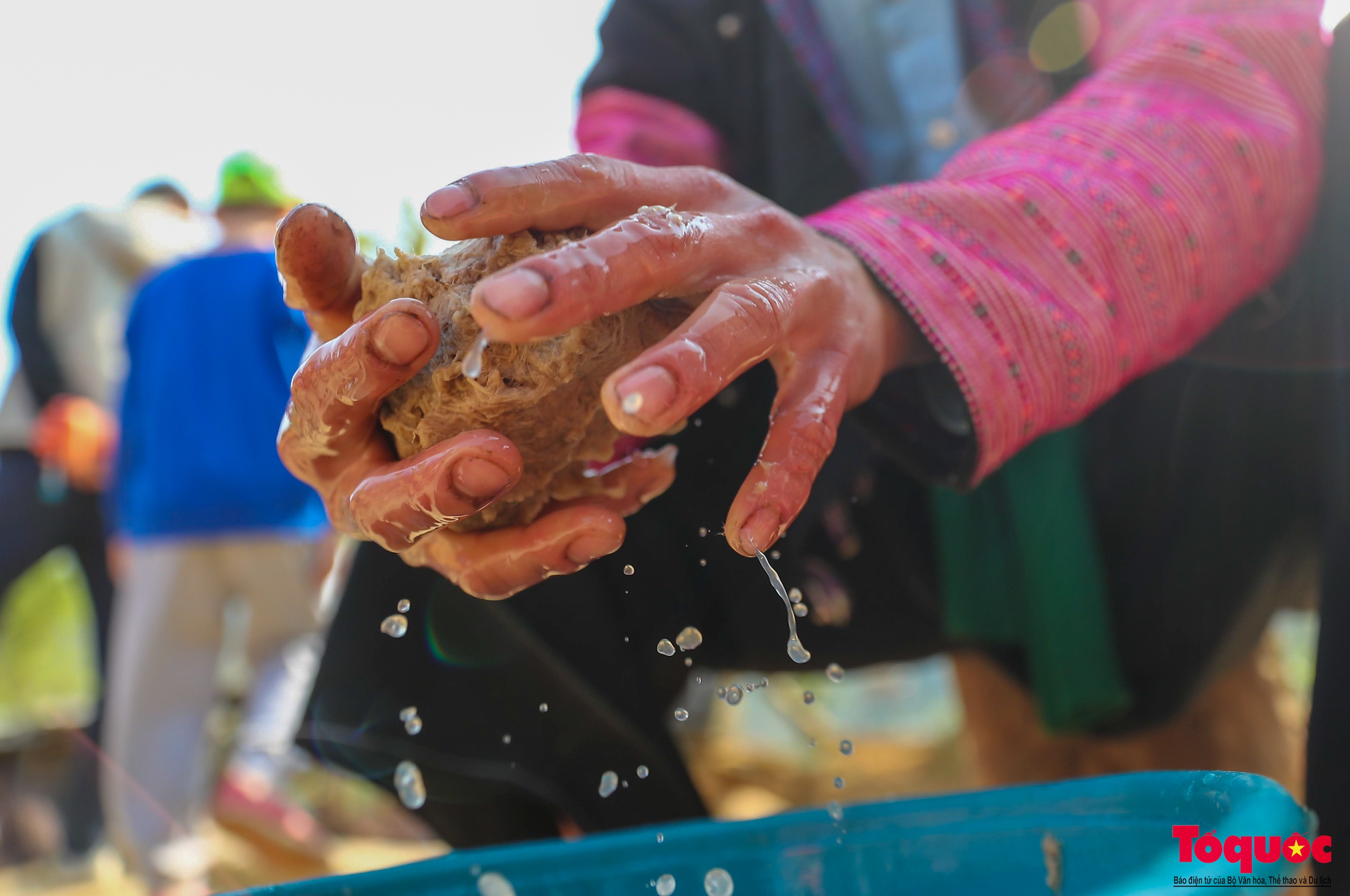
Traditional paper of the H'Mong people is usually made from three main materials: bark of the Duong tree, young bamboo and straw. All of these materials are available in nature where the H'Mong people live.
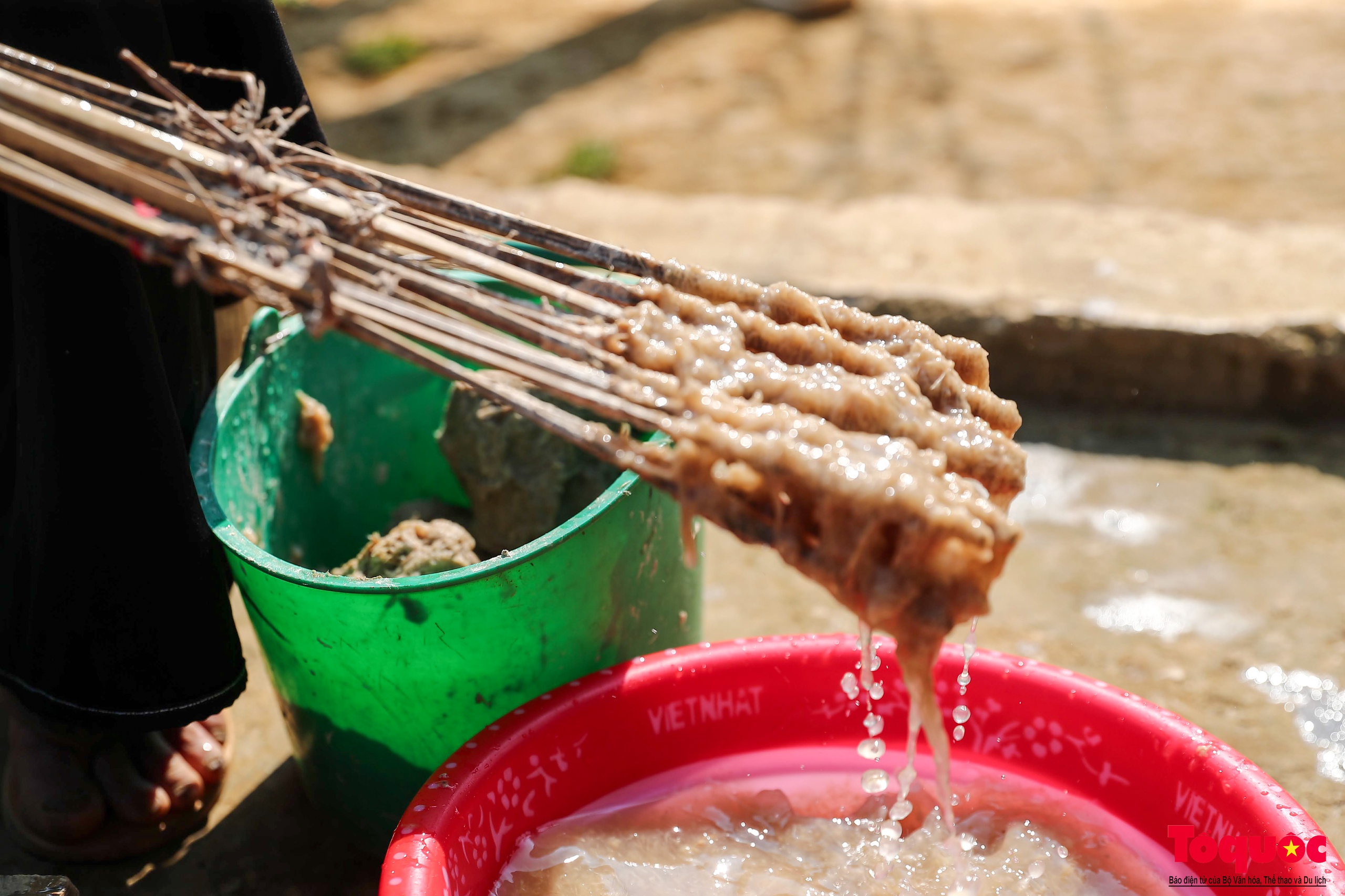
Each material will create a type of paper with different characteristics when finished. Straw paper is usually light yellow, highly porous, tough, and smooth; bamboo paper is ivory white, with clear bamboo fibers on the surface, shiny, thin, and tough; Duong paper is usually ivory white, rough, tough, and thick. The paper of the H'Mong people in Son La is not for writing but mainly for worshiping, so it does not need to be smooth or white.
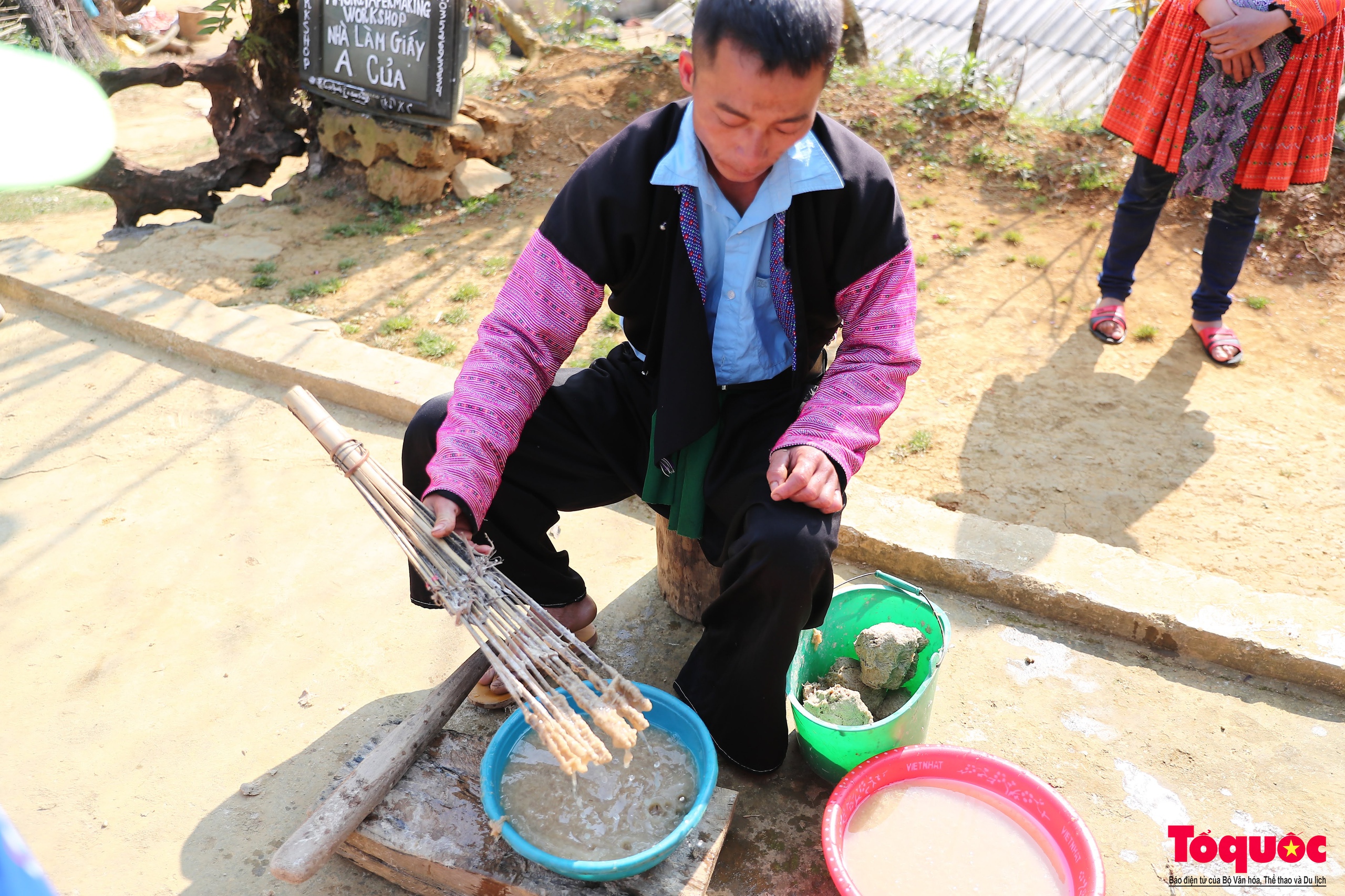
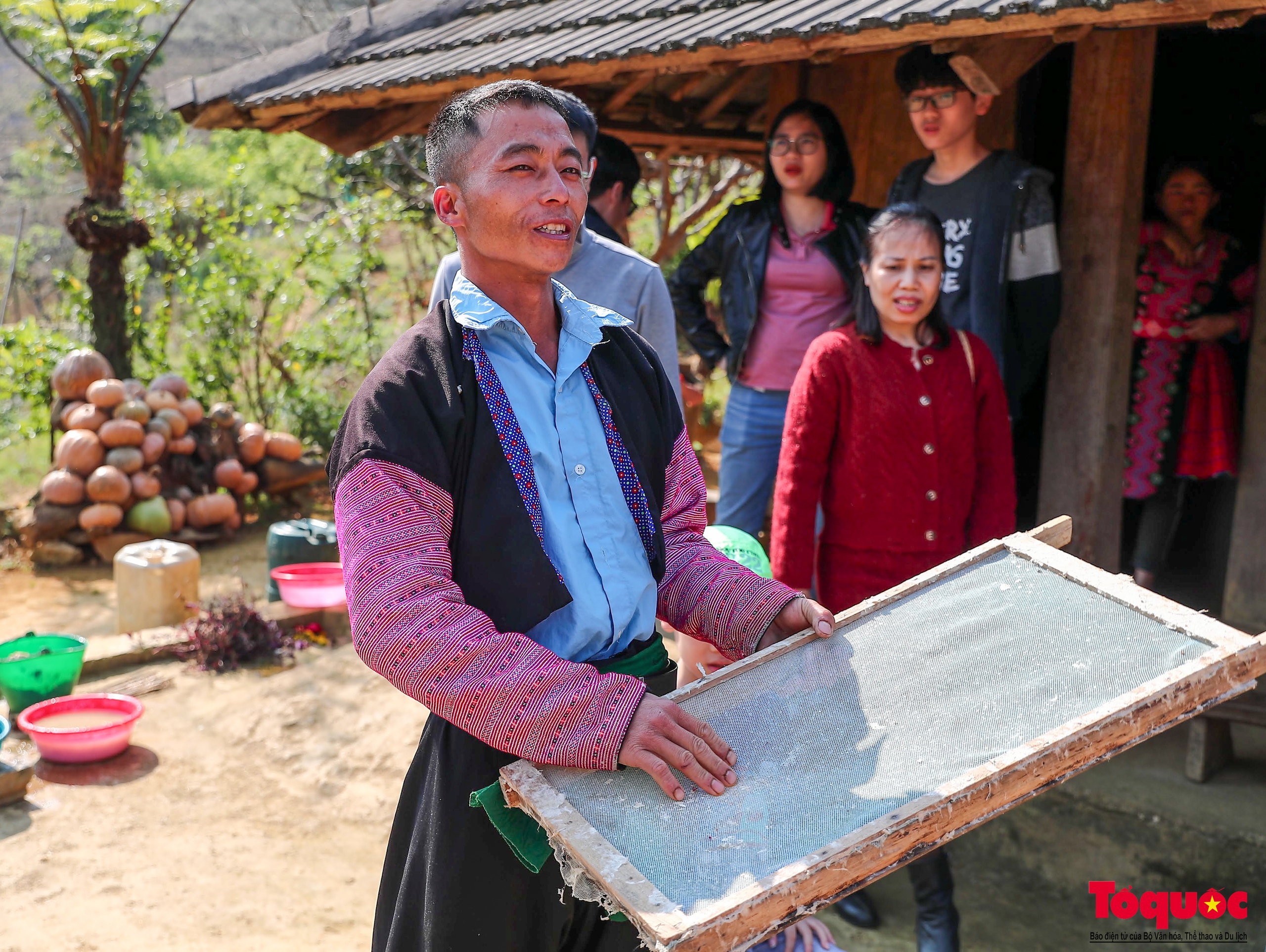
According to Mr. Cua, the tools for making paper paintings are also very simple, and can be made by yourself. The most basic tool is a mold for coating paper, the mold is made of cloth stretched over a bamboo or wooden frame, the mold surface is made of cotton cloth, airy, the size depends on the intention of the owner's family, usually the mold will be about 60x120 cm in size. There is also a pot to cook the paper material, a block and a wooden bar to beat the paper, a basin of water mixed with paper pulp.
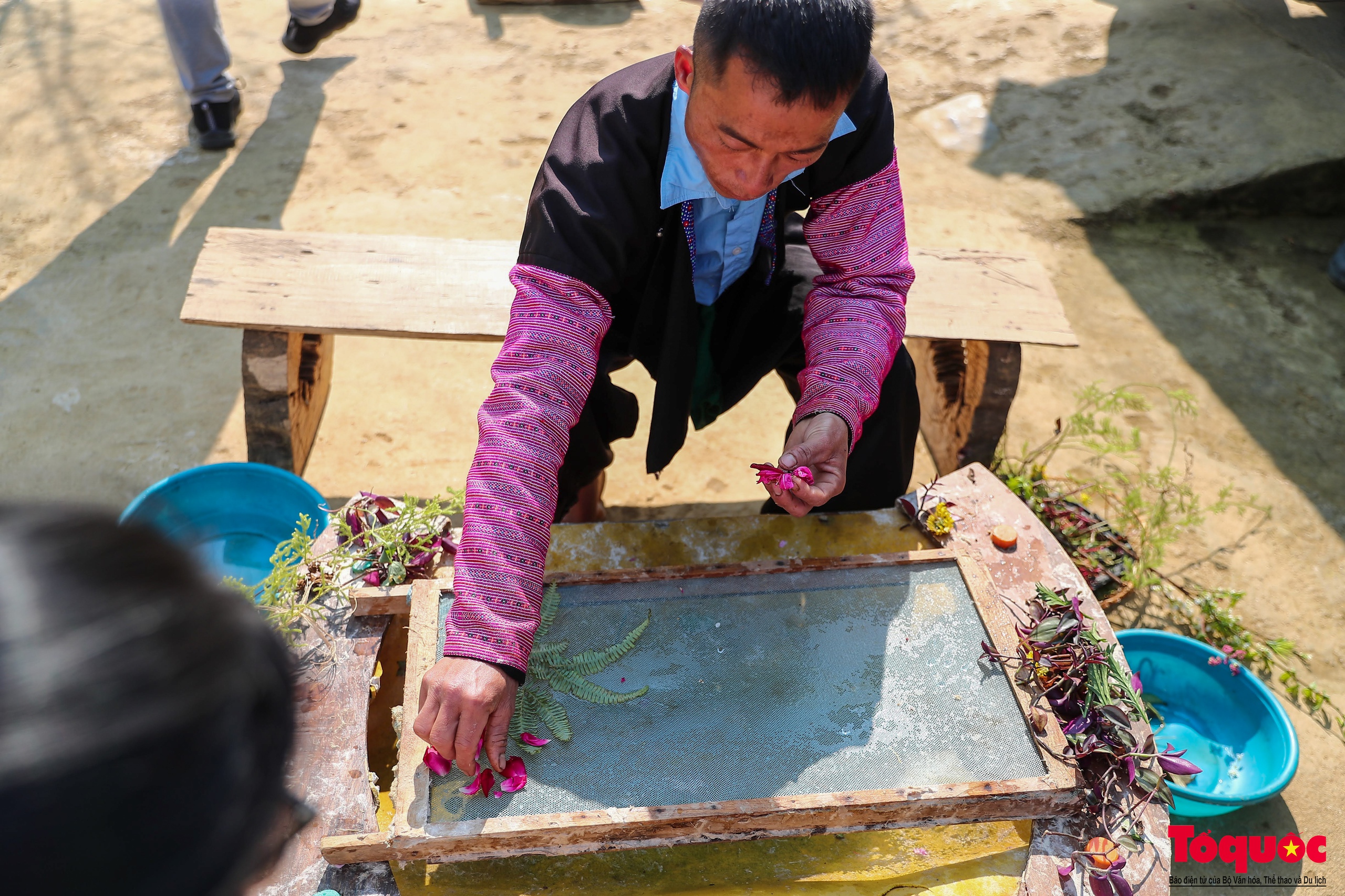
Mr. Cua guides visitors to arrange flowers and plants on the mold before pouring the pulp.
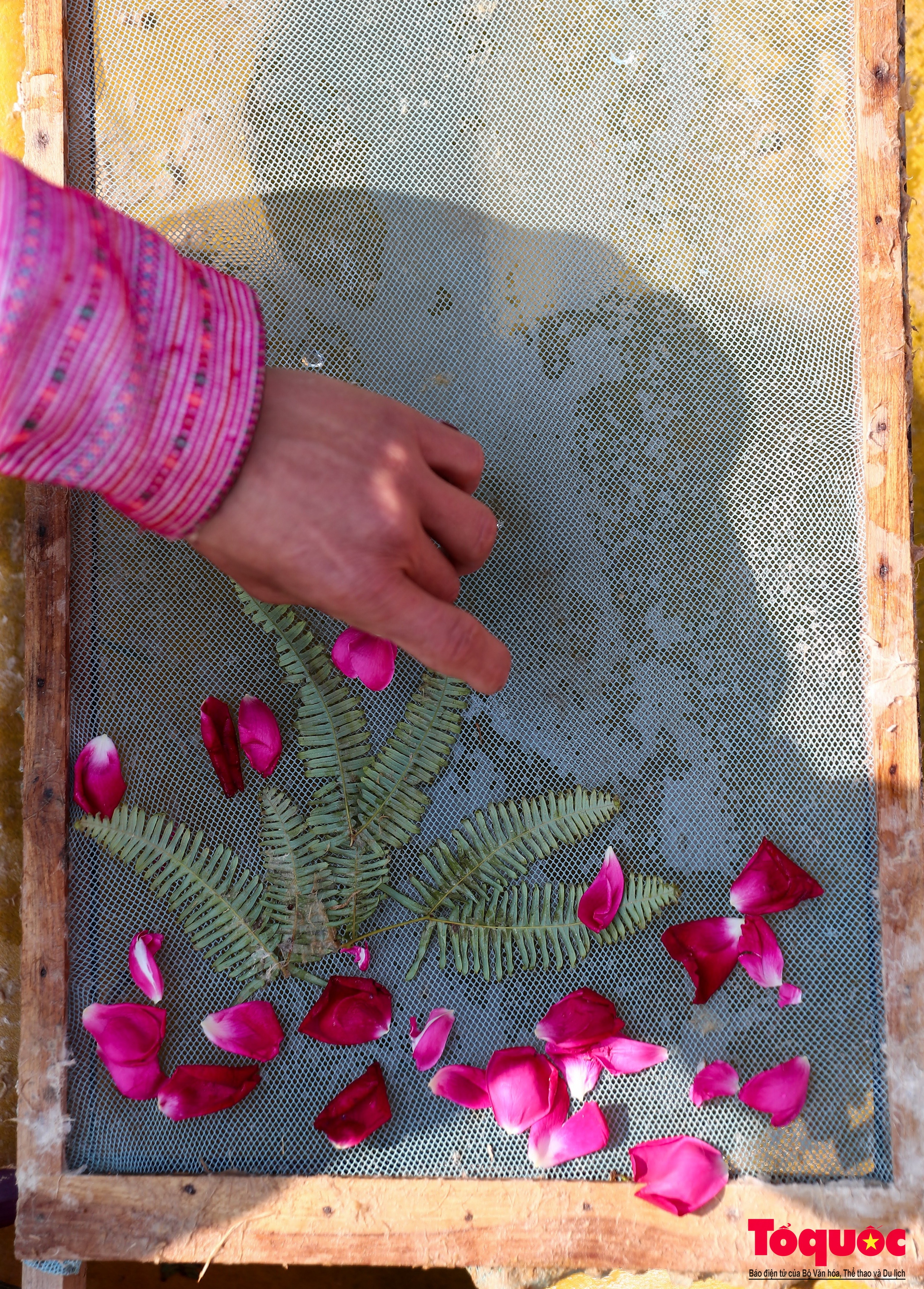
"Each person has a different way of decorating, no one is the same. I have prepared many types of flowers and plants so that visitors can freely create their own unique paintings" - Anh Cua shared.
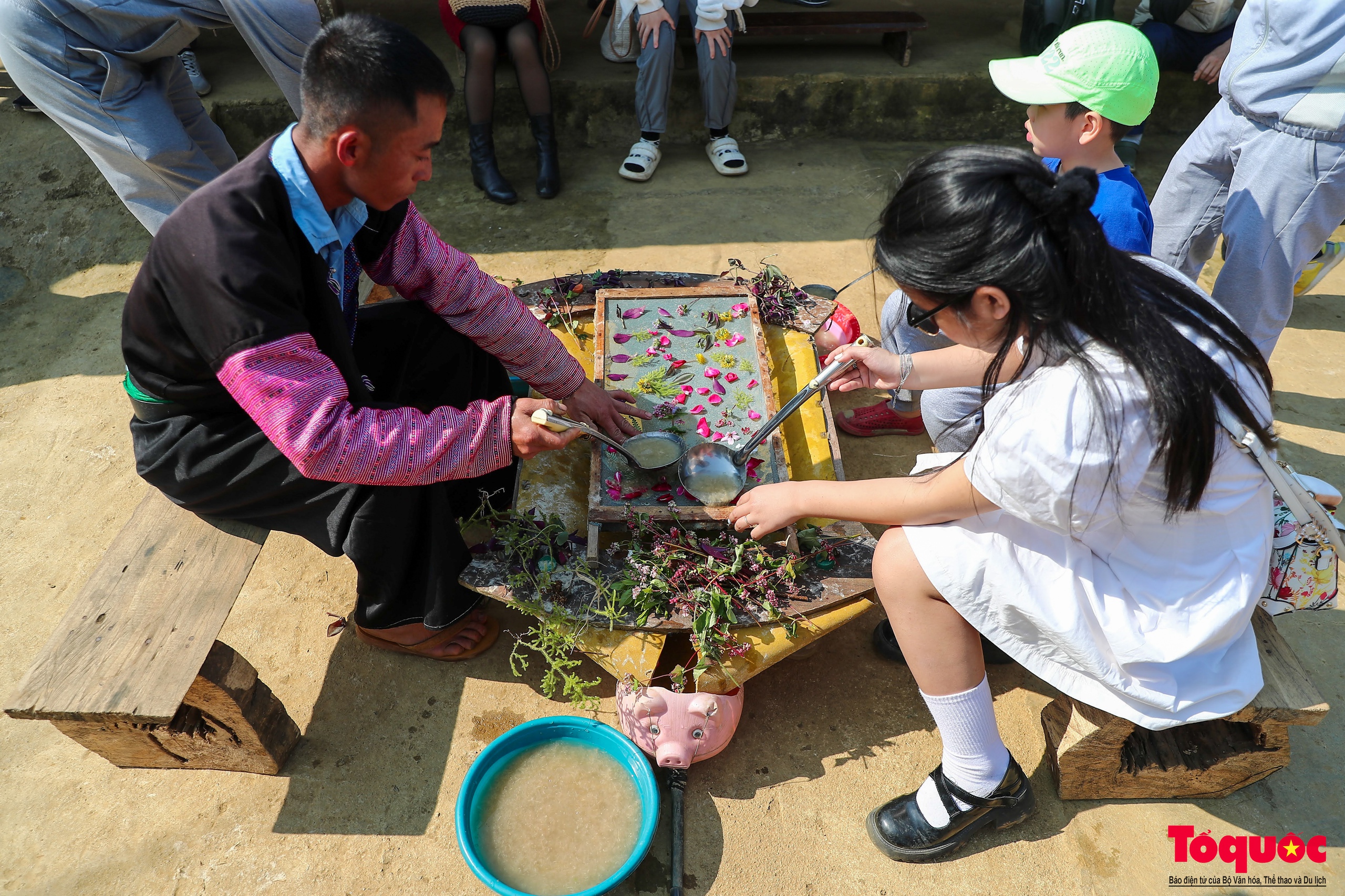
Tourists experience making unique paper paintings of the H'Mong people
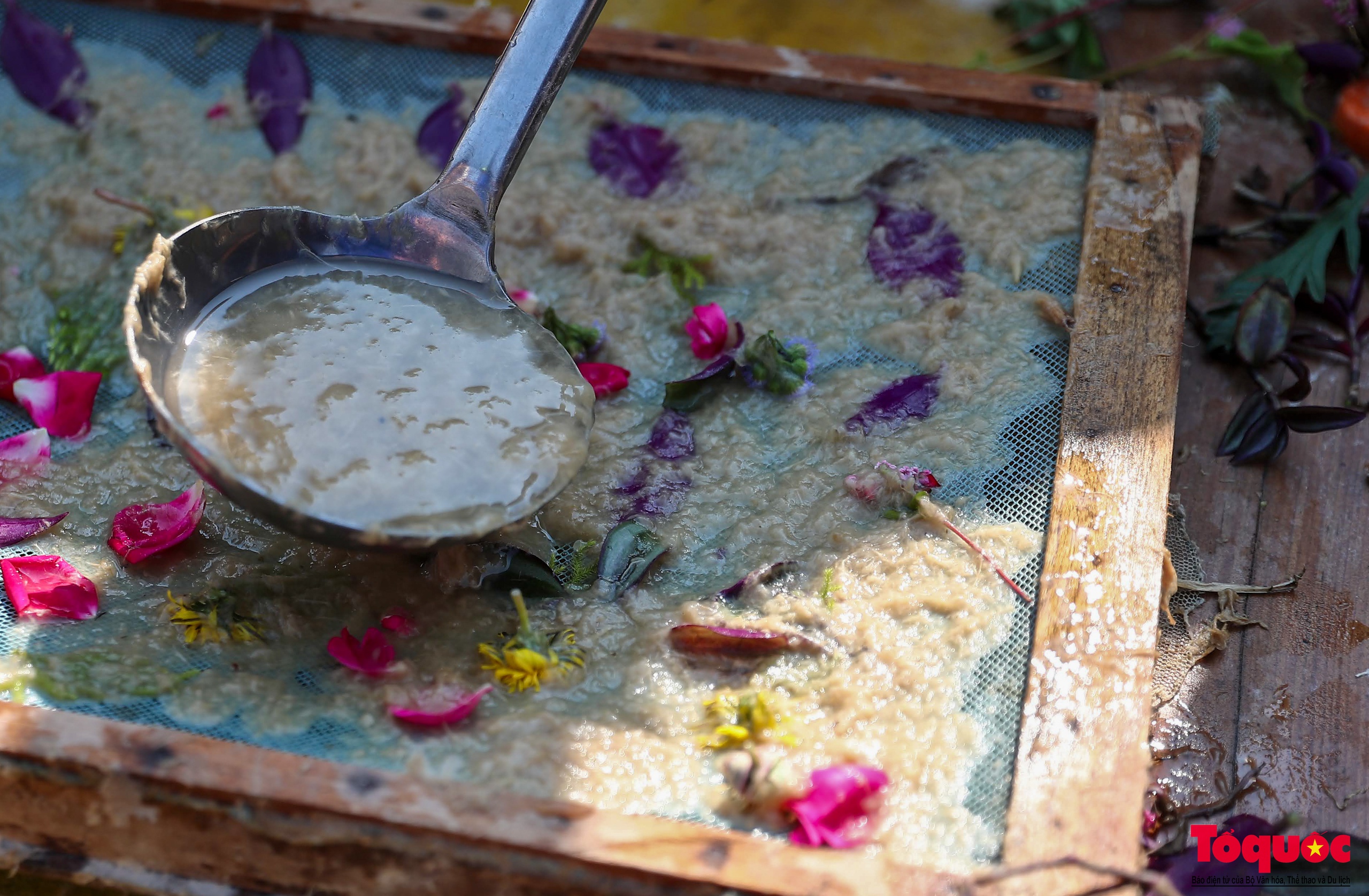
According to experience, Mr. Trang A Cua said that to make standard H'Mong paper, one must go through 6 main steps, the most difficult and time-consuming step is the bamboo simmering step. This step alone will take up to 10 hours, however, his family always prepares the materials so that visitors can experience it when needed. To make the cooking process faster, during the cooking process, the caretaker will sometimes add ash to the pot to help the bamboo soften quickly, the ash also acts as a bleaching and whitening agent.
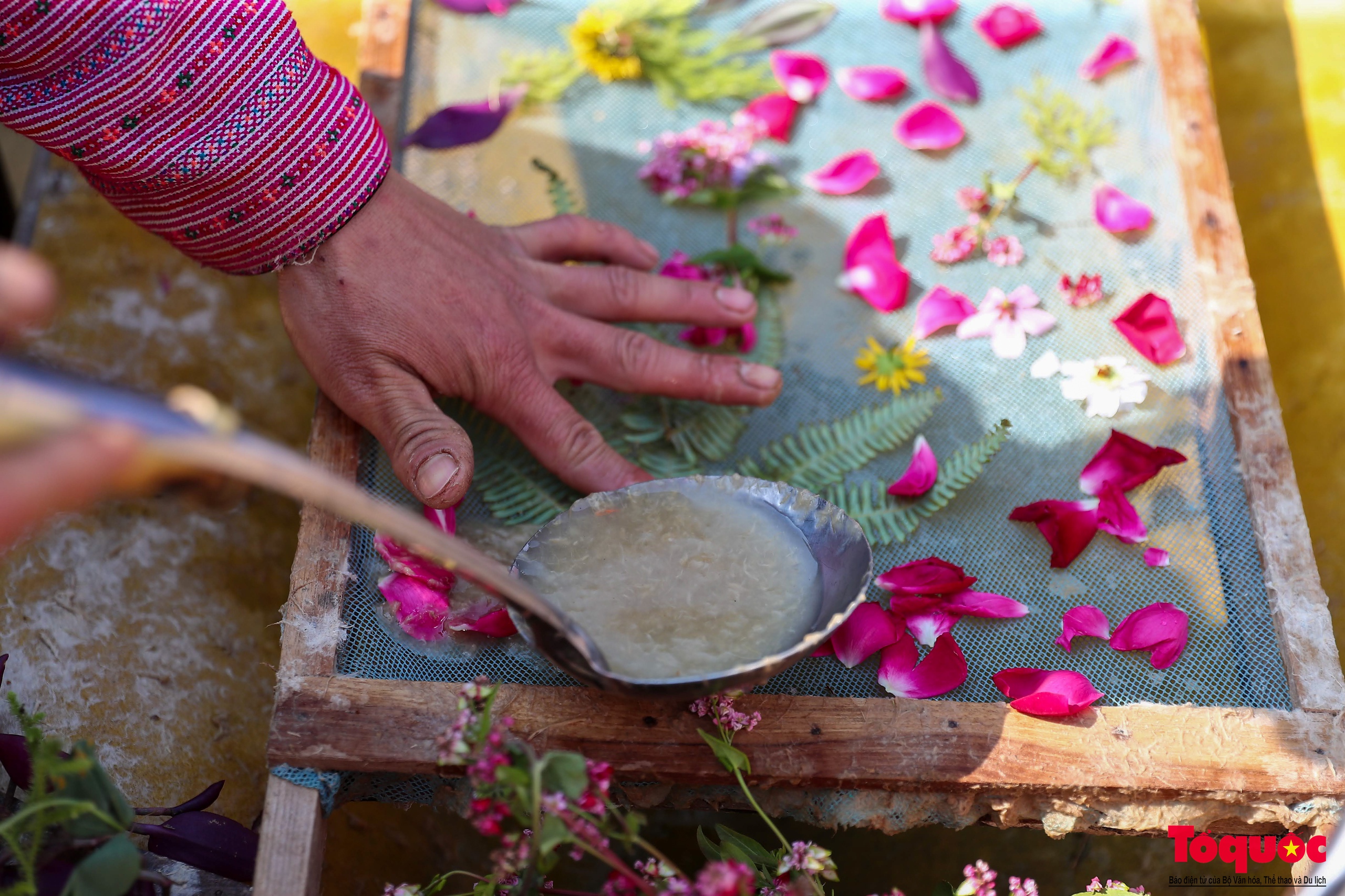
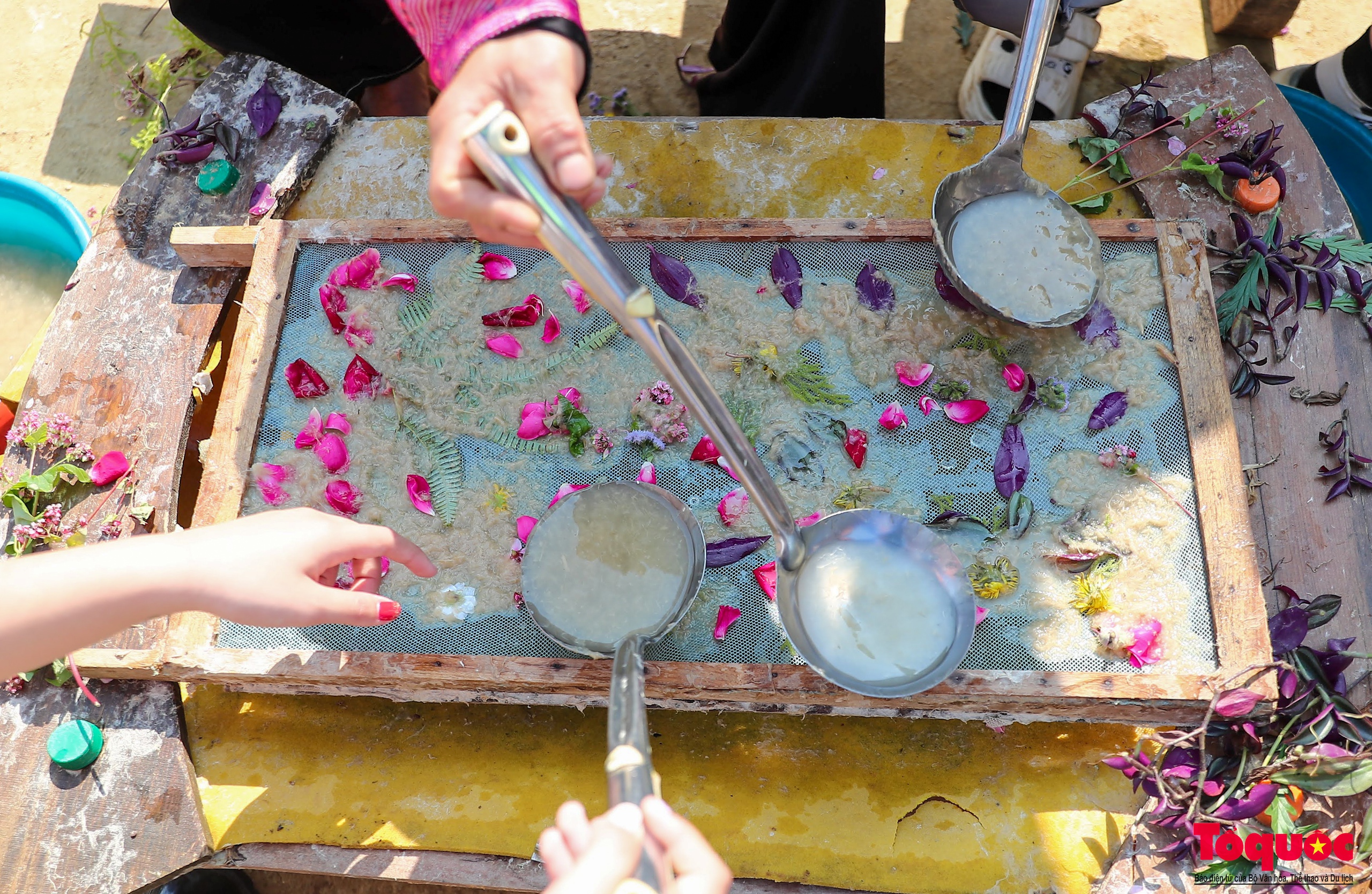
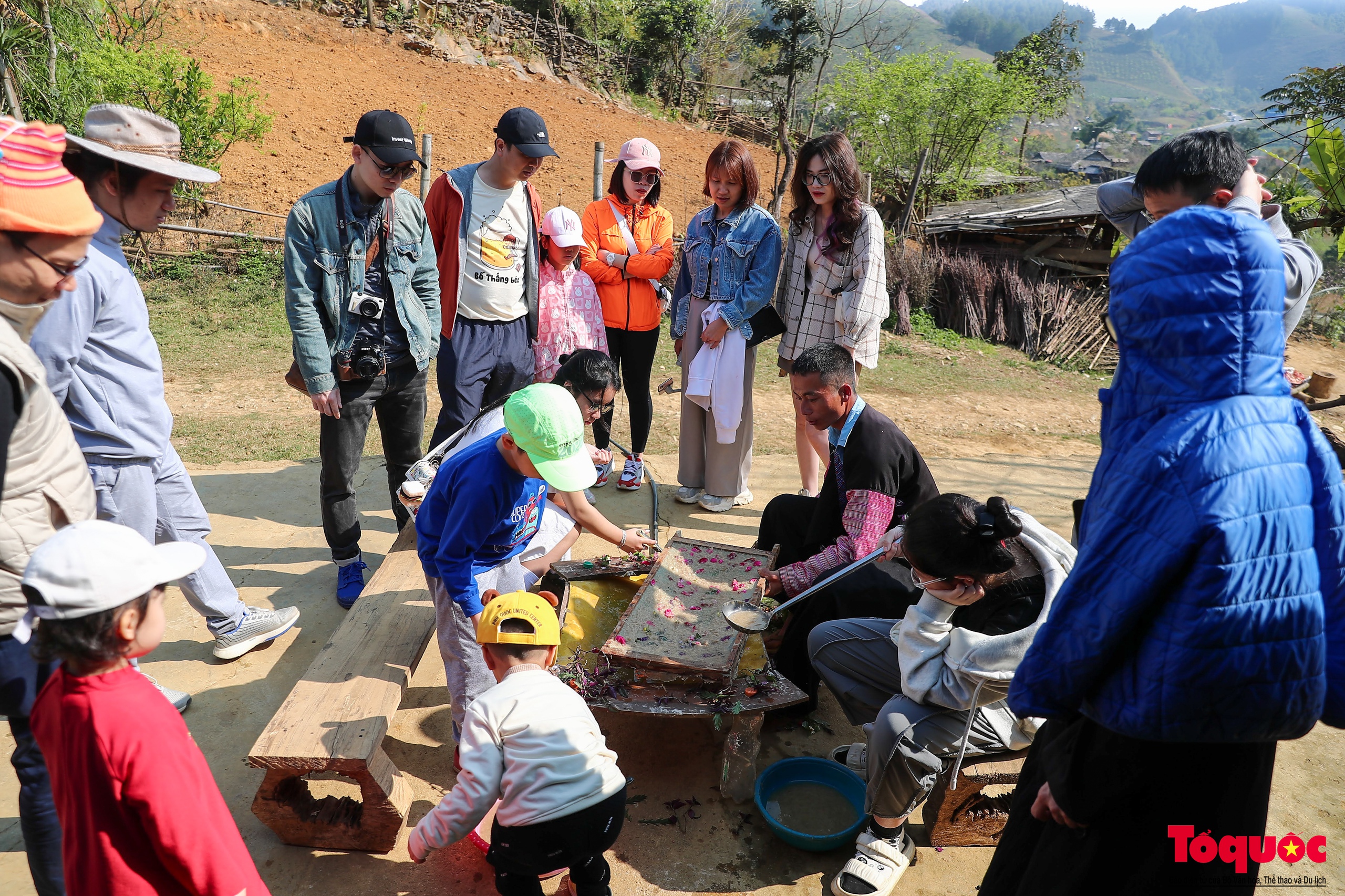
Mr. Trang A Cua shared that when he first opened the paper painting class, not many people knew about it, so few people came to experience it. Realizing that waiting for customers to come to him was not as good as finding tourists himself, Mr. Cua linked up with homestays in Van Ho commune, printing advertisements to let tourists know about the traditional paper making experience in both Vietnamese and English.
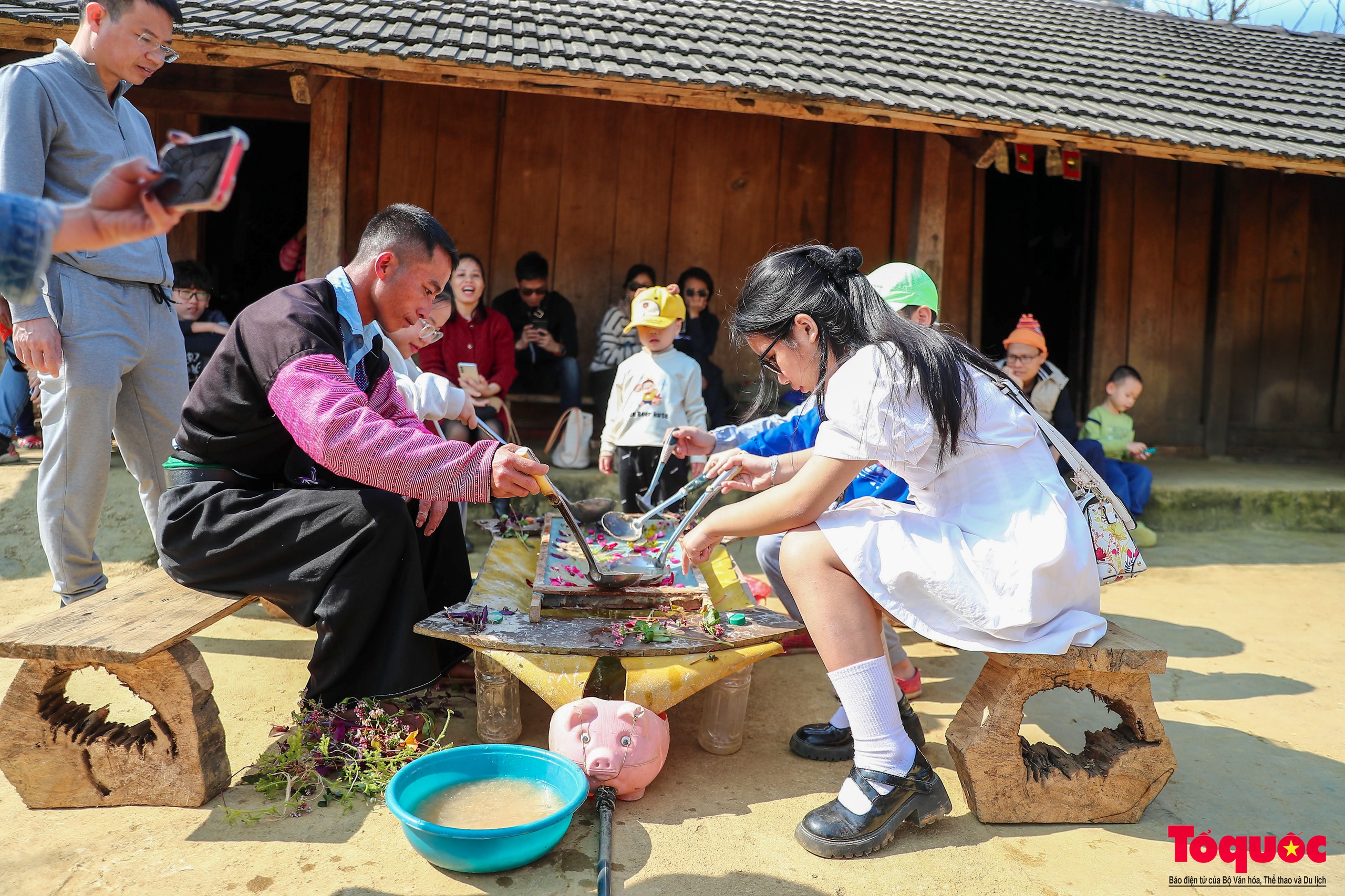
Thanks to active promotion, the number of visitors coming to experience traditional paper making at Mr. Cua’s family is increasing. Mr. Cua said that there are days when his family welcomes 4-5 groups of visitors to experience paper painting classes and everyone seems to enjoy it.
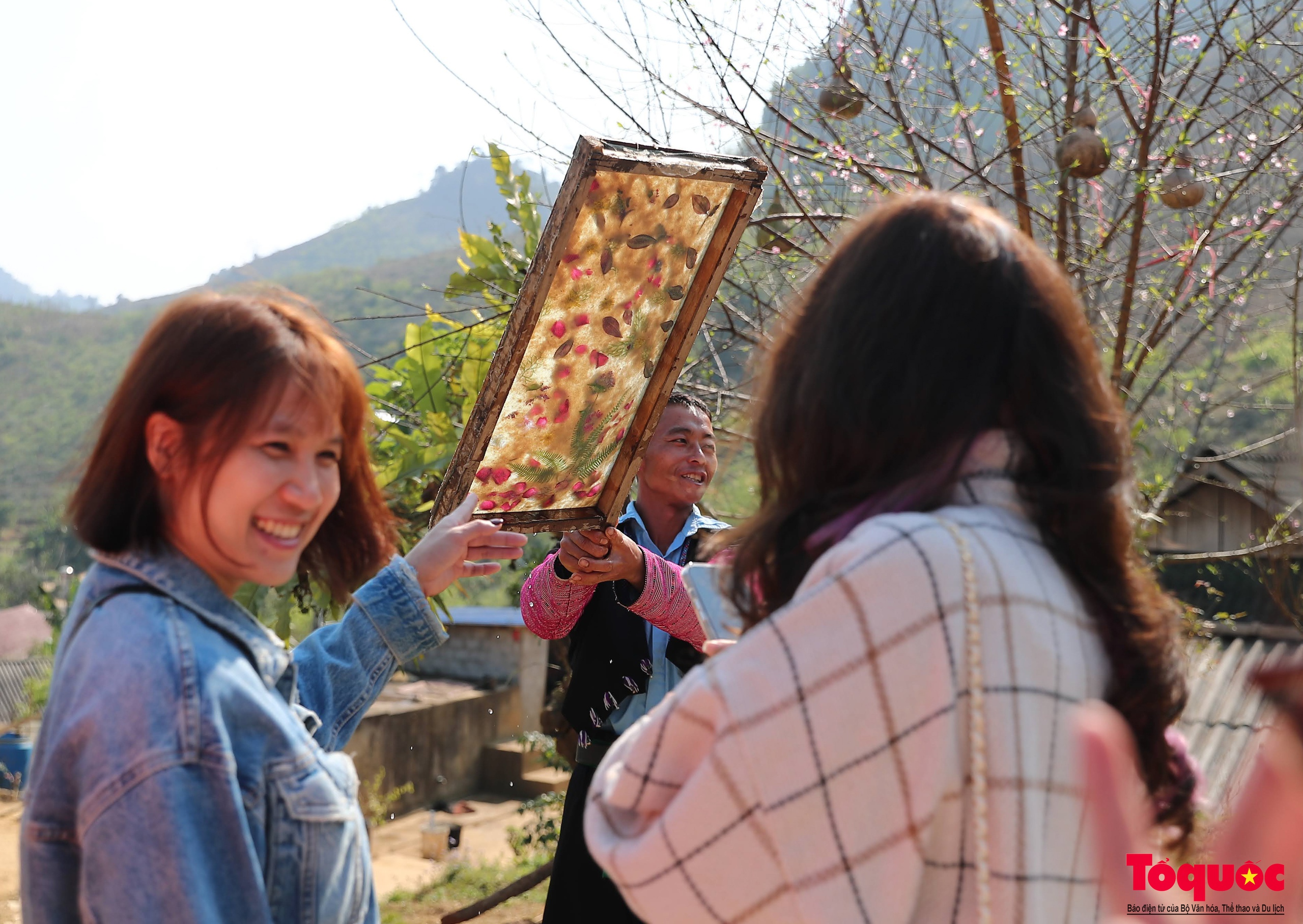
Unique paper painting products are completed.
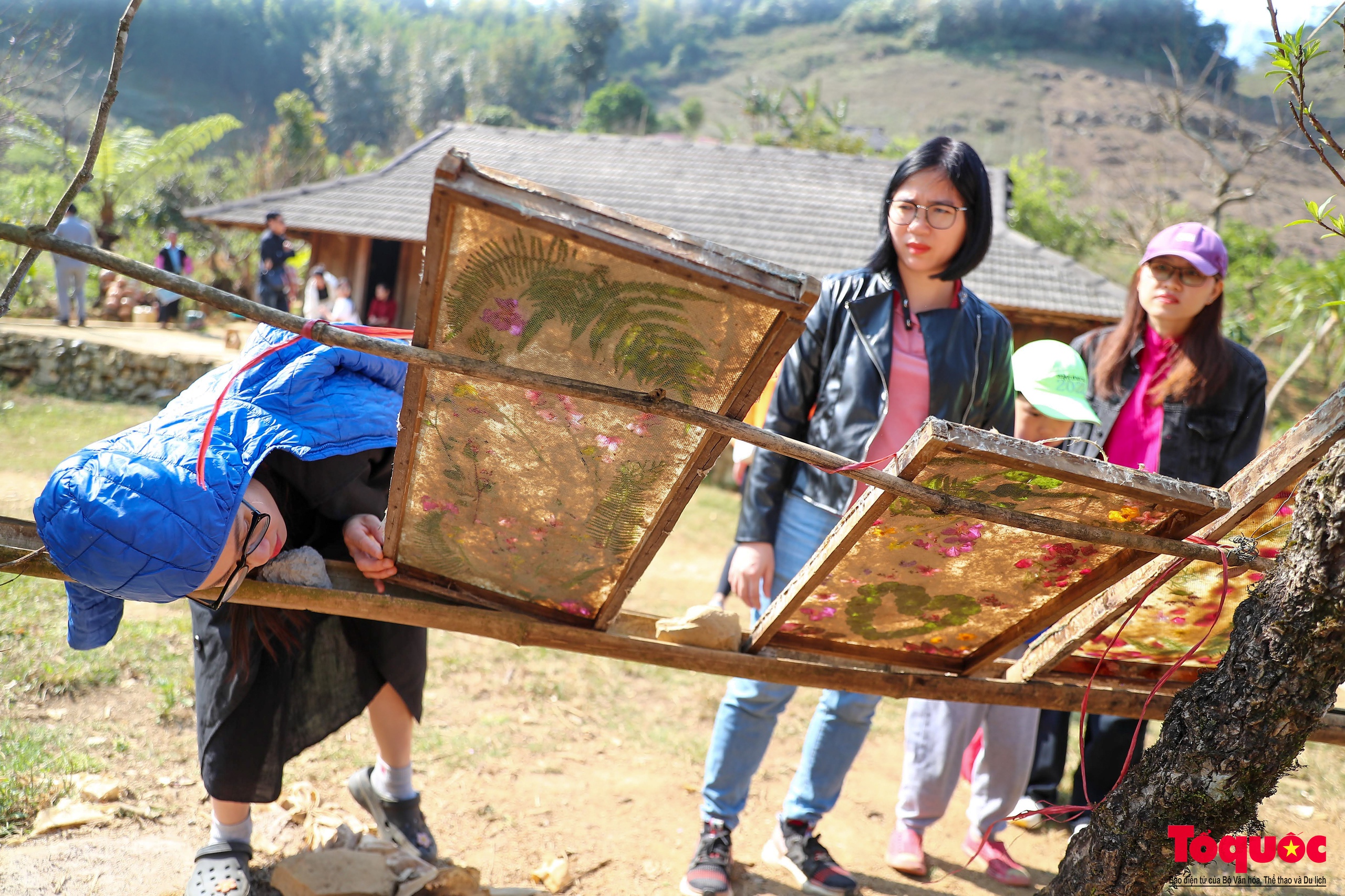
After the powder is poured, the paper mold will be put out to dry in the sun. According to the experience of paper makers, when the mesh fabric is dry, the paper will also be dry. This step takes about 2 hours of waiting.
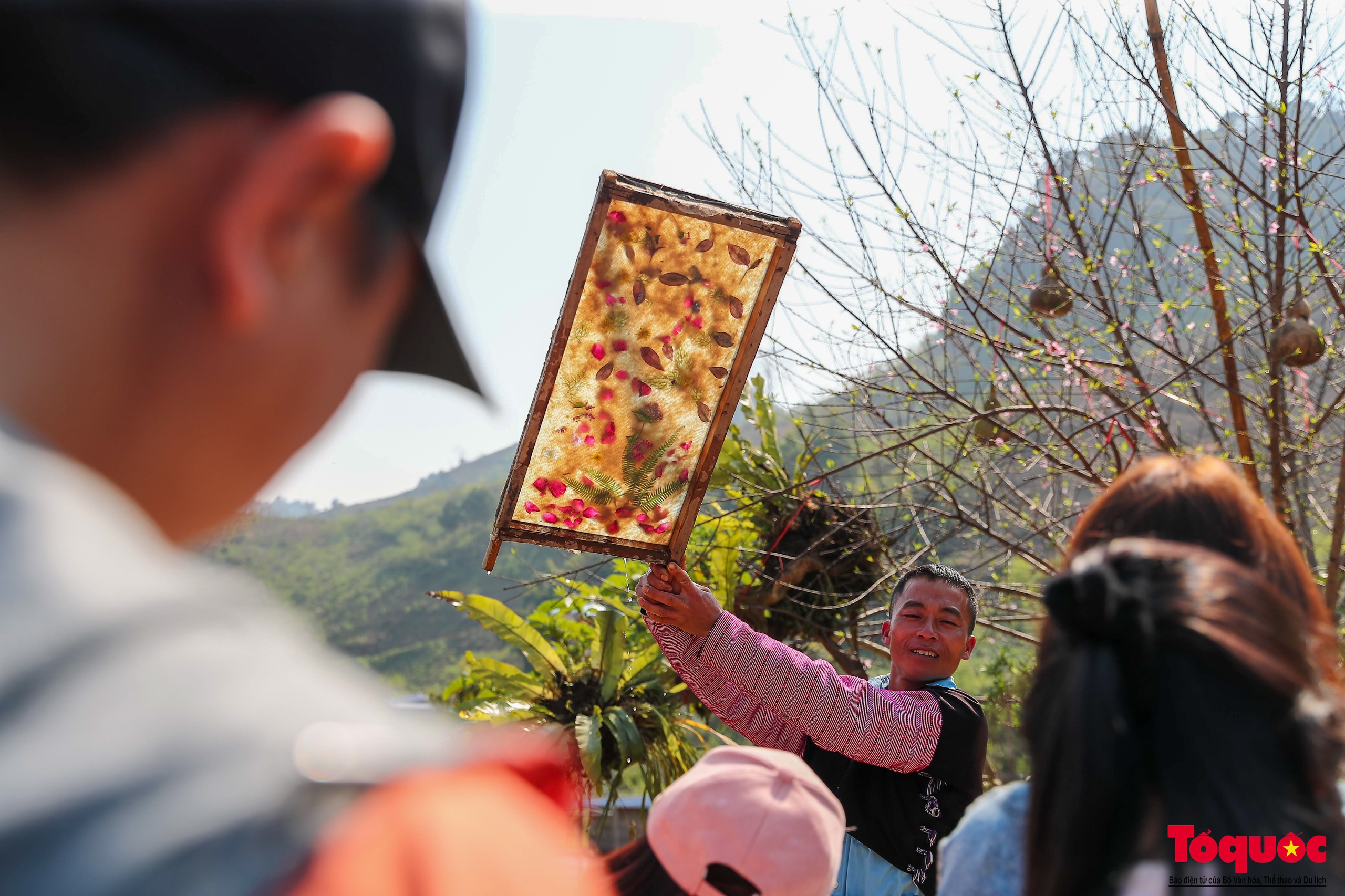
Tilting the paper at 45 degrees, facing the sunlight will highlight the flowers pinned on it.
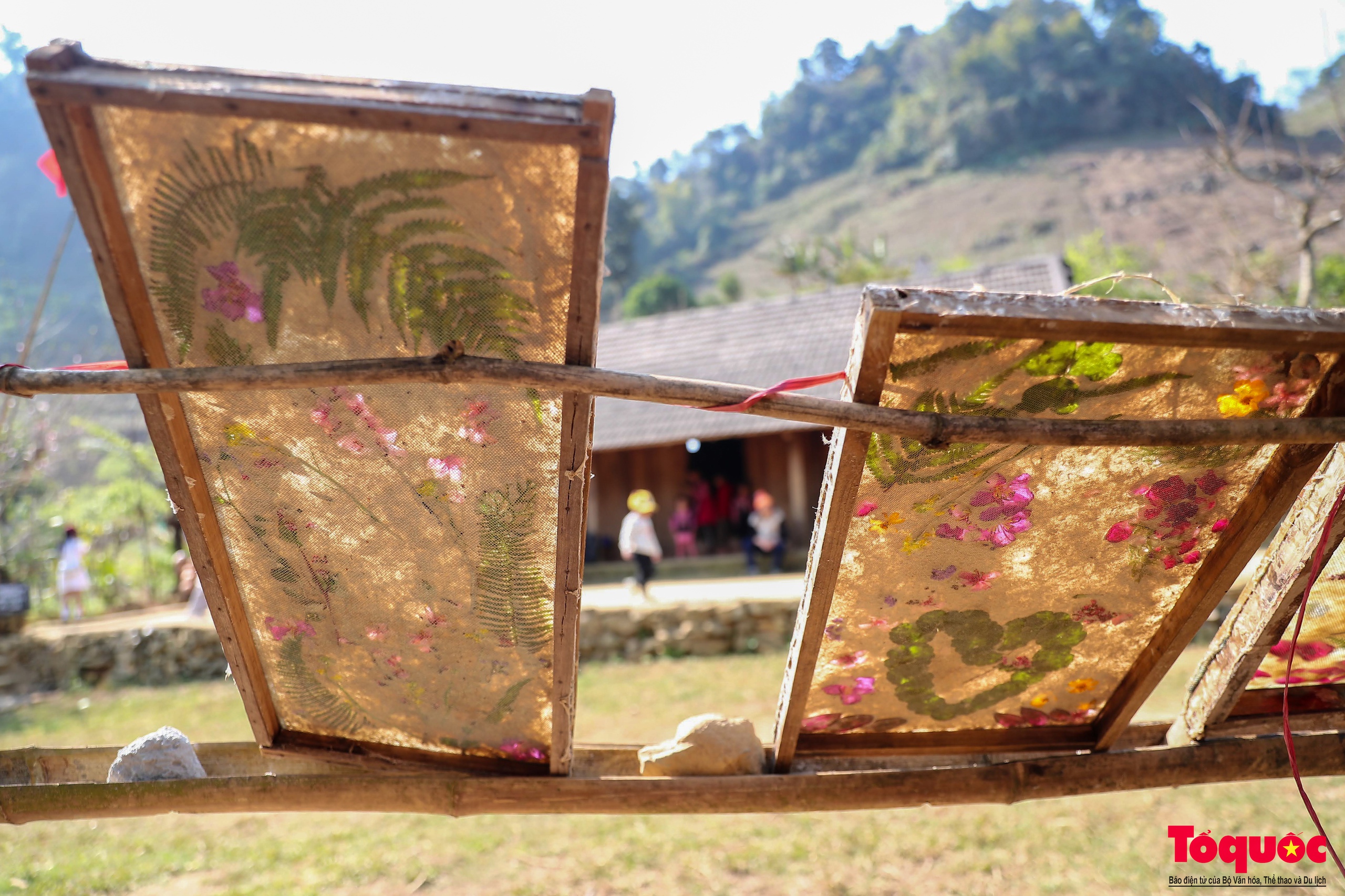
Experiencing the traditional paper painting process not only attracts domestic tourists but also many foreign tourists who come and show interest in the experience. Mr. Trang A Cua plans to continue maintaining the paper making class to attract tourists, contribute to promoting the image of the people, the beauty and cultural identity of the Mong ethnic group, and preserve the national tradition for the next generation so that more people know about the paper painting craft of the H'Mong people in Son La.
Source: https://toquoc.vn/tranh-giay-doc-dao-cua-nguoi-hmong-o-son-la-hut-du-khach-20241127125618564.htm



![[Photo] President Luong Cuong attends the inauguration of the international container port in Hai Phong](https://vphoto.vietnam.vn/thumb/1200x675/vietnam/resource/IMAGE/2025/5/13/9544c01a03e241fdadb6f9708e1c0b65)
![[Photo] Prime Minister Pham Minh Chinh meets with US business representatives](https://vphoto.vietnam.vn/thumb/1200x675/vietnam/resource/IMAGE/2025/5/13/5bf2bff8977041adab2baf9944e547b5)
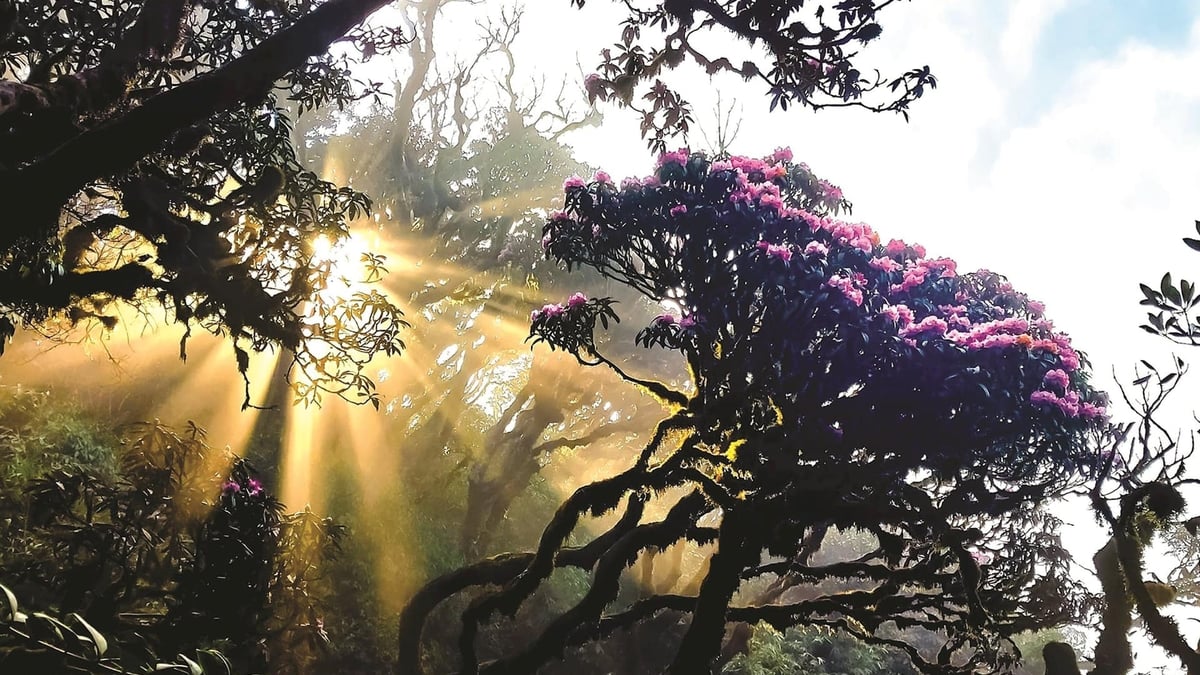






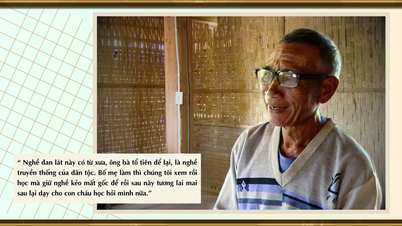


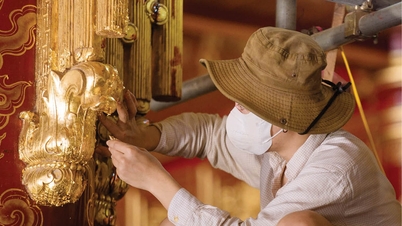







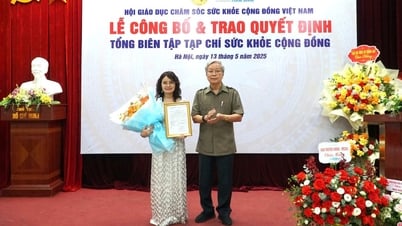
![[Video] Cuckoo flute, cultural "treasure" of Xa Pho people](https://vphoto.vietnam.vn/thumb/402x226/vietnam/resource/IMAGE/2025/5/13/fe43923a21f84dbe807a627c13920b3c)





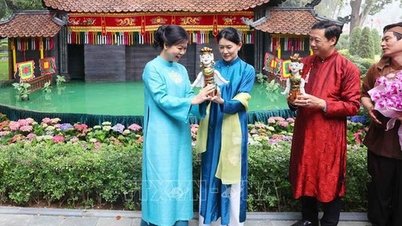
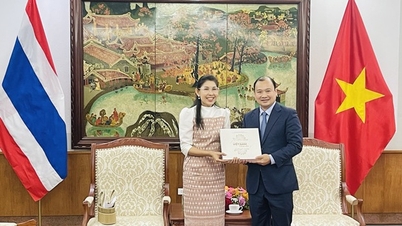
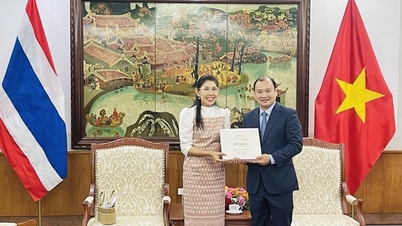

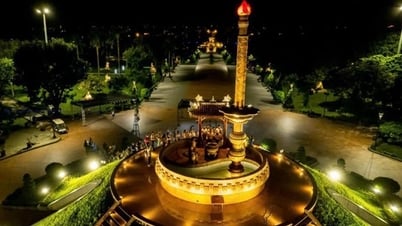
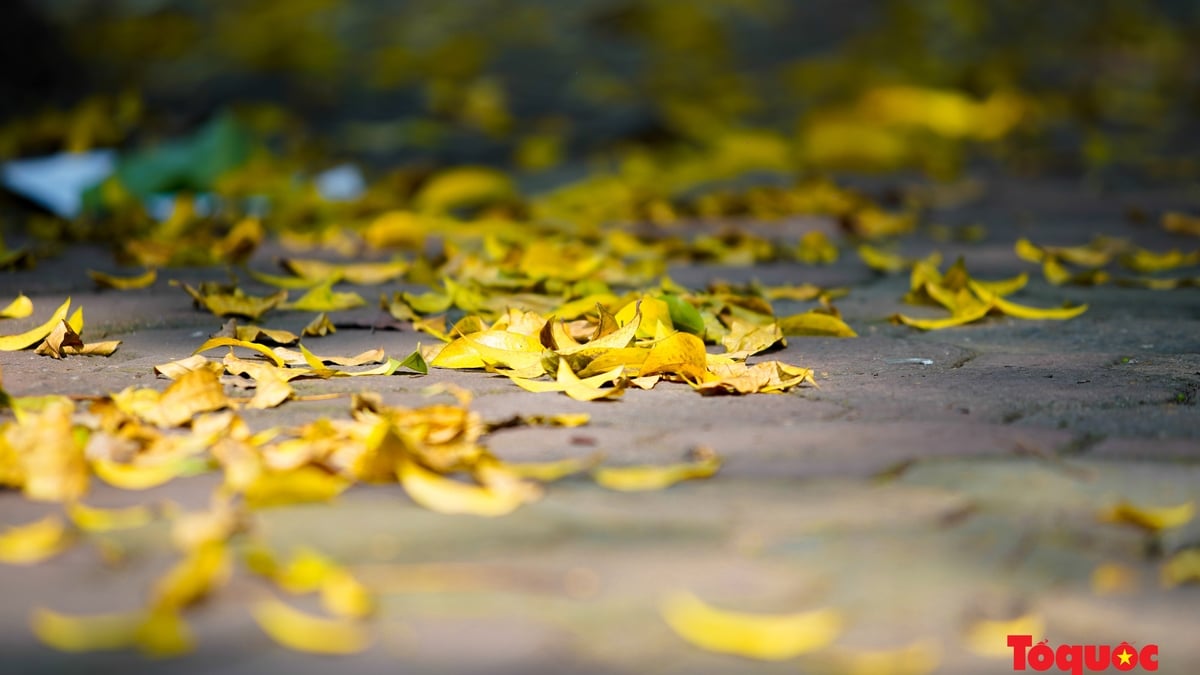





















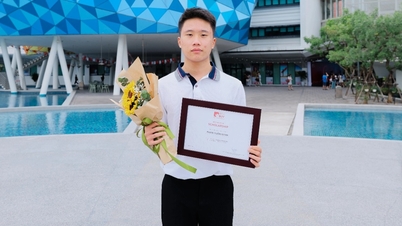



























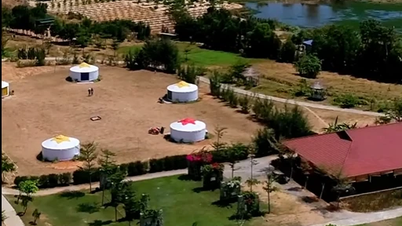
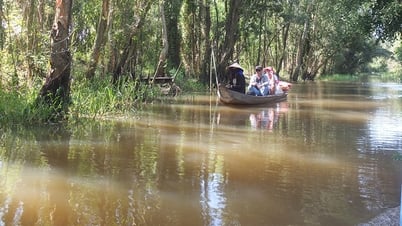

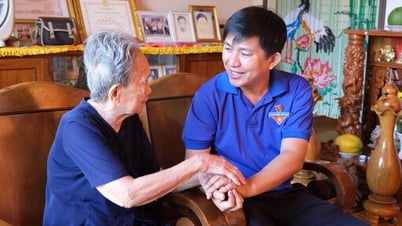



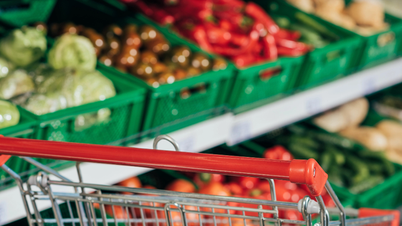












Comment (0)